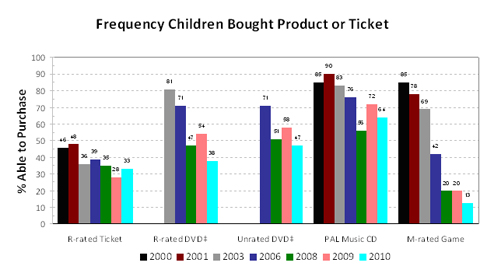How do you say “knee-jerk reaction” in political speak? It might look a little something like this.
Congressman Jim Matheson (D-Utah), pictured above, has introduced a bill – H.R. 287 – to the United States House of Representatives that would give the Entertainment Software Rating Board’s rating scheme – heretofore a voluntary, self-regulatory system – the force of law and make it illegal to sell “Mature” or “Adults Only” titles to minors.
H.R. 287 would “require ratings label on video games” and “prohibit the sales and rentals of adult-rated video games to minors.”
Matheson’s office has yet to return a request for comment.
The timing of this bill – following the Sandy Hook shooting and President Barack Obama’s executive order to study violent media like video games – couldn’t be more conspicuous. Obama had noted that “Congress should fund research into the effects violent video games have on young minds,” and certain groups – most notably the NRA – had blamed violent games for the Newtown, Conn. tragedy.
But the mere existence of the bill is puzzling and more than a bit troubling. The underlying concerns surrounding the bill were presumably settled in the Supreme Court case, Brown v. Entertainment Merchants Association. The aforementioned case struck down the 2005 California bill, AB 1179, which banned the sale of “violent video games” (as defined by federal legislators) to minors and required a clear “18” on said titles independent of the ESRB’s system.
That Supreme Court case was a huge victory for the entertainment industry. In no uncertain terms, it declared that “The Act [AB 1179] does not comport with the First Amendment.”
Moreover, the game industry created the ESRB to alleviate the threat of federal action in the early ’90s. And the self-regulatory agency has a sterling record of enforcement. A 2011 Federal Trade Commission undercover shopper survey found that “video game retailers continue to enforce most vigorously the ratings governing age and content that were established by the entertainment media industry.” Only 13 percent of underage shoppers were successful in procuring M-rated games, compared to 38 percent for movie DVDs, 33 percent for movie tickets, and a whopping 64 percent for music CDs.
It’s worth pointing out that gaming’s entertainment brethren enforce voluntary ratings systems. In other words, they don’t have the force of law. The Motion Picture Association of America, which tries to keep kiddies out of the latest R-rated gorefests, posts a voluntary ratings system.
So what makes gaming so unique among all entertainment mediums? And didn’t we already settle these issues in the highest court of the land?
(Image credit: Rep. Jim Matheson’s website)
VentureBeat's mission is to be a digital town square for technical decision-makers to gain knowledge about transformative enterprise technology and transact. Learn More


